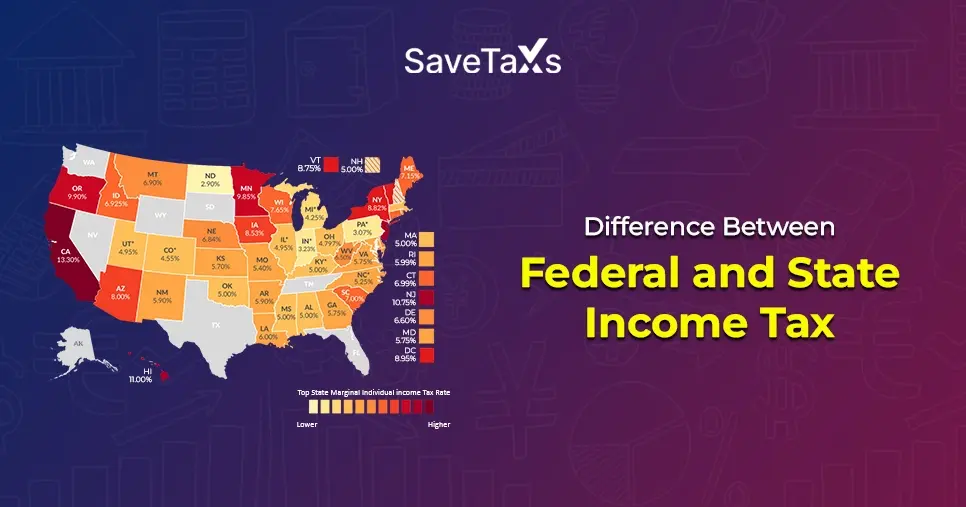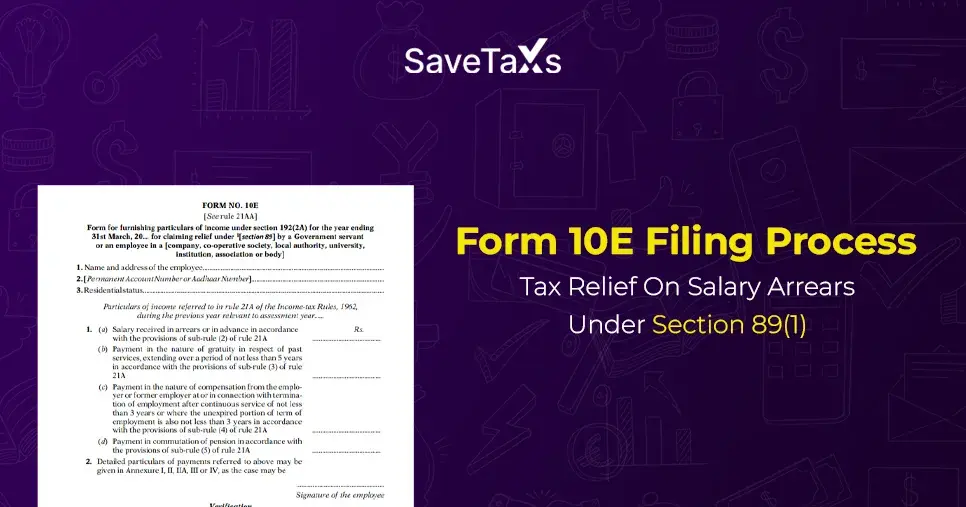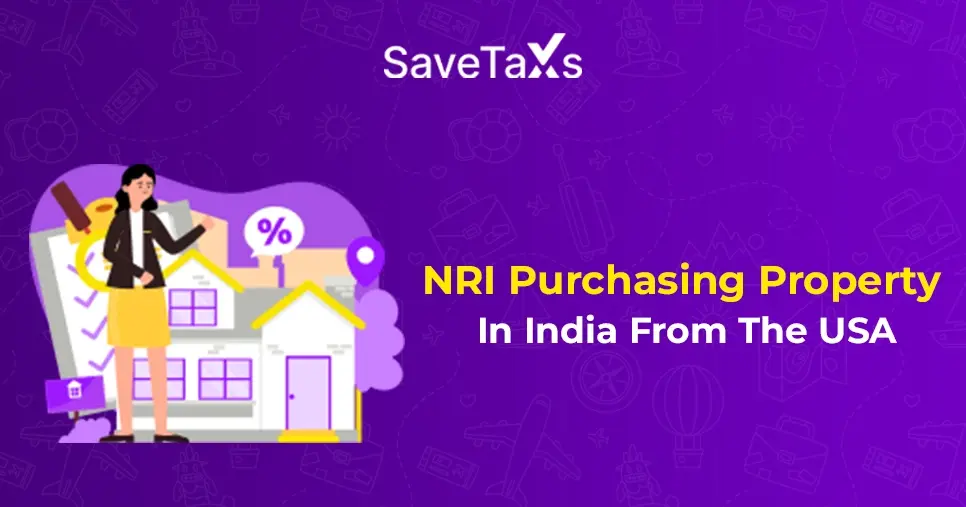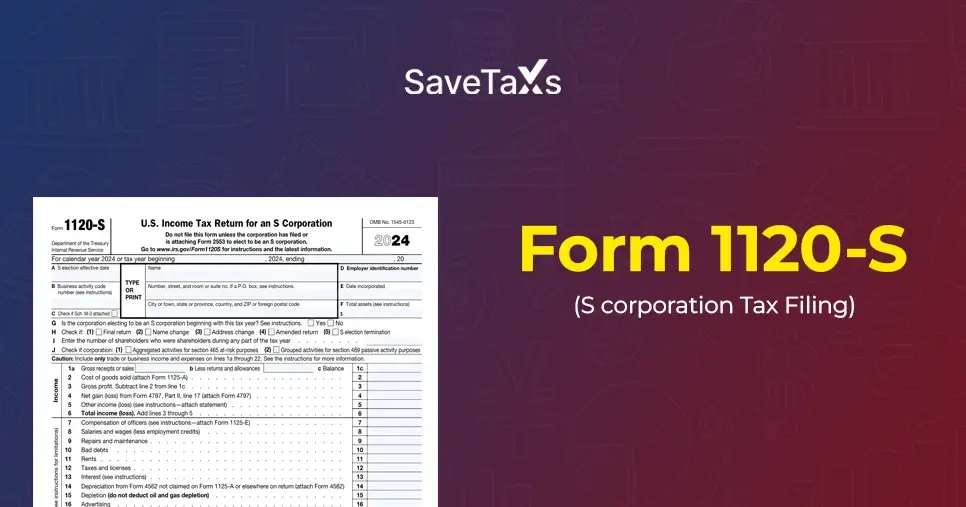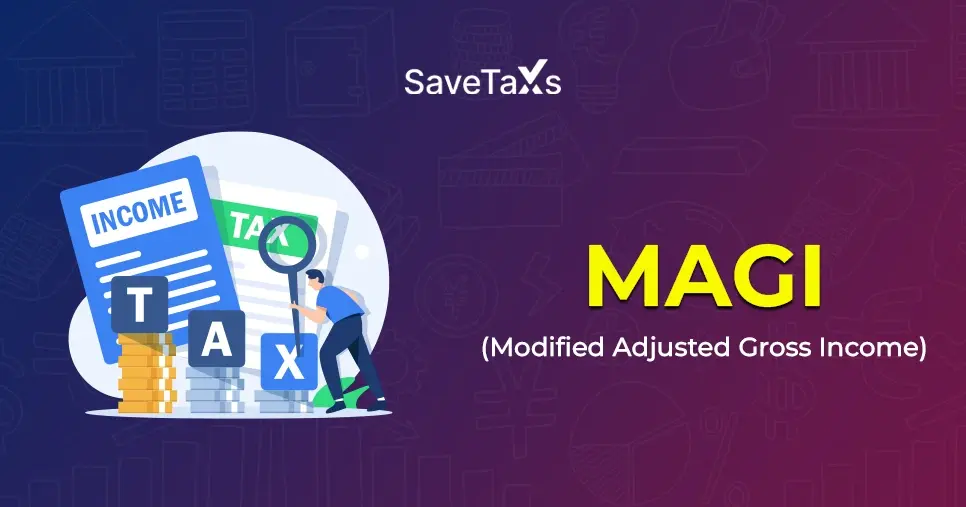- What Does the Term TDS Mean?
- How are Gains from an NRI Property Sale Taxed?
- How Much Tax Rate is Applicable to NRIs on Property Sale?
- Who Needs to Pay TDS While Selling the Property?
- How Can an NRI Save Taxes on Capital Gains?
- How Can I Save on TDS Amount Deduction?
- What are the Drawbacks of Not Deducting TDS?
- Conclusion
Being an NRI, if you decide to sell property in India, taxation becomes a vital part of the transaction. One of the key points to learn about as an NRI is the concept of TDS (Tax Deducted at Source). TDS is the primary factor used to calculate the net amount that the NRI will receive after selling the property. Whenever you purchase or sell a property in India, TDS needs to be deducted. The buyer must deduct the TDS while paying the seller and deposit it with the Income Tax Department.
Keep reading if you are an NRI who is planning to buy or sell a property in India, or if you are a resident who is planning to buy a property from an NRI in India. This blog will help you understand the tax liability that arises when you sell a property in India and how TDS will be deducted in this situation. Before diving into the topic, let's first learn what TDS means.
What Does the Term TDS Mean?
TDS stands for Tax Deducted at Source, a mechanism where a certain amount of tax is deducted at the time of making specific payments that serve as income for the recipient. This includes selling a property by an NRI. The sale of an immovable property in India incurs TDS for an NRI because it is determined as income from capital gains.
According to Section 195 of the Income Tax Act, when an individual buys an immovable property from an NRI, they have to deduct a certain amount as TDS on the entire Sale consideration, which means on every payment made to the seller, regardless of whether capital gains occurred on the sale or not. There are no minimum limits to such deduction, and every property transaction will attract TDS.
How are Gains from an NRI Property Sale Taxed?
An NRI who wants to sell a property situated in India has tax implications on the capital gains, or in short, they are required to pay capital gains tax. The tax amount they need to pay will depend on the type of gains, whether they are short-term capital gains (STCG) or long-term capital gains (LTCG):
- Long-Term Capital Gains (LTCG): When a property is sold after being held for more than two years, the gains that arise from such a property will be considered long-term capital gains.
- Short-Term Capital Gains (STCG): In contrast, when a property is sold within two years of purchasing it, the gains received from such a property will be treated as short-term capital gains.
When dealing with an inherited property, it is vital to consider the purchase date of the original owner to check whether the capital gain will be classified as long-term or short-term. In such a case, the cost of the property must be evaluated based on the expenses incurred by the previous owner, ensuring that the capital gains are calculated more accurately.
How Much Tax Rate is Applicable to NRIs on Property Sale?
The following are the applicable tax rates on capital gains from the sale of property for NRIs (Non-Resident Indians):
- Short-term Capital Gains (STCG): STCG is taxed at the applicable income tax slab rates for NRIs, depending on the total income that is taxable in India for NRIs.
- Long-term Capital Gains (LTCG): The LTCG tax rate on the sale of an immovable property has been reduced from 20% to 12.5%.
- Benefits of No Indexation: The no-indexation benefit, using which the purchase price for inflation could be adjusted, has been withdrawn for any capital assets from the financial year 2024-2025, meaning the actual gains acquired upon the sale will be fully taxed.
Who Needs to Pay TDS While Selling the Property?
The person buying the property from an NRI is responsible for deducting the TDS (Tax Deducted At Source) amount from the sale proceeds and transferring it to the NRI seller. The property buyer needs to fill out details related to the file deduction and payment in Form 27Q after deducting the TDS. To ease this process, the buyer has to obtain a TAN (Tax Deduction Account Number) in their name.
When two or more individuals purchase a property together, each individual involved has to obtain a TAN, whether they invest from their own sources or through joint loans. Once the individual gets a TAN, the buyer is responsible for deducting the TDS amount from every transaction of payment made to the NRI seller. The deducted amount must then be deposited with the Income Tax Department using e-challan by the 7th day of the following month in which the payment was made to the seller.
As per the compliance requirement, the buyer must file the TDS return in the subsequent quarter after depositing the TDS amount. Once they successfully file the TDS return, they can get Form 16A, which will then be provided to the NRI seller. Following these requirements can ensure compliance with the tax rules by both the buyer and the NRI seller, helping them enjoy a more transparent and legal property transaction process.
How Can an NRI Save Taxes on Capital Gains?
As per the income tax rules, an NRI can save taxes while selling a property on long-term capital gains under Section 54, Section 54EC, and Section 54F:
Exemptions Under Section 54
This section provides an exemption when there are long-term capital gains on the sale of a residential property of an NRI. To avail of this exemption, you need to ensure that the amount is reinvested in another residential property. Notably, you don't need to invest the entire income acquired from the sale; investing only up to the amount of capital gains could mean that the whole capital gain can be claimed as exempt.
Although the new property's purchase price can be higher than the actual amount of capital gains, your exemption has to be limited to the total amount of capital gains acquired from the sale. You have the option to purchase the property either one year before the sale or two years after selling your property. Additionally, you are permitted to invest the acquired gains in constructing a property, provided that the construction is completed within three years from the date of sale of the property.
Please note that this exemption is only available for one residential property. Under Section 54, the exemption will not be provided for properties purchased or constructed outside India. Also, note that this exemption can be rescinded if you sell the new property within three years of buying it.
According to the Capital Gains Account Scheme (CGAS), 1988, if you do not invest the capital gains until the date of filing of returns of the following financial year in which you sold your property, you have the option to deposit your gains in either a PSU bank or another bank. In return, you can claim this as an exemption from your capital gains, and you don't need to pay any tax on it, and can use the same amount as investments in the future.
Exemption Under Section 54EC
This section is available for both residents and NRIs and provides an exemption from long-term capital gains if the gains are invested in some specific bonds. The taxpayer can save taxes on their LTCG by investing their capital gains in specified bonds issued by the National Highway Authority of India (NHAI) or the Rural Electrification Corporation (REC), within six months from the date of sale. The specified bonds have a lock-in period of five years and cannot be sold before the completion of these five years from the date of the sale of the residential property. This section cannot be claimed under any other deduction. An individual is allowed to invest a maximum of Rs 50 lakhs per year in these specified bonds.
Exemption Under Section 54F
This section provides an exemption when there is an LTCG on the sale of any capital asset other than a residential property. It is available to individuals and HUFs (Hindu Undivided Families), including NRIs. To avail of this exemption, the NRI has to invest the net sale proceeds in either purchasing or constructing a residential property.
The new residential property must be purchased either one year before or two years after the sale of the original asset. If the individual chooses to construct a new property, it must be located in India, and the construction must be completed within three years from the date of sale. Apart from the new house, the NRI cannot own any other property. They are only allowed to own a single property. Additionally, the new house property must be held for a minimum of three years from the acquisition date. If not, then the exemption claimed under section 54F will be revoked, and the capital gains will be liable to taxation.
The exemption amount will be evaluated depending on the proportion of the investment made in the new house property as compared to the net sale income. If the entire sale income is invested, the capital gains will be fully exempt; if only a portion is funded, the exemption is allowed proportionally.
Please note that the NRI seller must submit Form 15CA and 15CB to repatriate the income acquired from selling the property. A chartered accountant is required to sign and submit it. An NRI seller is allowed to repatriate up to $ 1 million per year outside India.
How Can I Save on TDS Amount Deduction?
The buyer must deduct the TDS at the applicable rates before transferring the sale income to the NRI seller. However, the NRI seller has the option to obtain a NIL or Lower deduction certificate from the Income Tax Department. If the department issues a certificate, the buyer will then have to deduct the TDS at a lower rate as mentioned in the NIL/lower deduction certificate.
Suppose an NRI seller believes that the TDS exceeds their tax liability. In that case, they can apply for a NIL/lower deduction certificate to the Income Tax Department before carrying out the property sale agreement. Once the AO (Assessing officer) calculates the capital gains, they will then determine the TDS. The seller also has the benefit of claiming a refund on the TDS that has been deducted when the TDS exceeds the tax liability, and they have not acquired a NIL/lower deduction certificate.
What are the Drawbacks of Not Deducting TDS?
In situations where the buyer fails to follow the prescribed applicable TDS (Tax Deducted at Source) tax rates for NRIs or fails to deduct TDS for any reason, they may face significant legal consequences. The buyer needs to understand their legal responsibility for deducting and depositing the TDS at the specified rate for the NRI seller or as mentioned in the NIL/lower deduction certificate issued by the Income Tax Department.
When the buyer fails to deduct TDS at the prescribed rates, they become liable for a penalty equal to the TDS amount that was not deducted. Additionally, the interest accrued on the defaulted sum and the non-deduction of TDS also impact the seller's ability to transfer the sale income to their foreign bank account or an NRE account.
The seller may face prosecution if the Income Tax Department investigates the transaction. It is found that the TDS was not appropriately deducted, and the seller misinterpreted their tax residency status.
Conclusion
Having a good knowledge of TDS is vital when selling a property in India as an NRI. This helps you to reduce immediate tax burdens by obtaining a Lower Deduction certificate (LDC) and also understand the tax implications for an NRI. Although the primary responsibility for complying with the TDS lies with the buyer, as a seller, you should also ensure that you reveal your actual residency status and maintain transparency in your sale transaction.
For extra assistance, you should consult an expert at Savetaxs. We at Savetaxs offer round-the-clock assistance across all time zones. Our team of experts CAs have over 30 years of experience and will assist you in obtaining an LDC or learning about the exemptions. Regardless of which country you reside in, you can contact us anytime, and we will ensure that we provide you with the best service possible.
Note: This guide is for informational purposes only. The views expressed in this guide are personal and do not constitute the views of Savetaxs. Savetaxs or the author will not be responsible for any direct or indirect loss incurred by the reader for taking any decision based on the information or the contents. It is advisable to consult with either a Chartered Accountant (CA) or a professional Company Secretary (CS) from the Savetaxs team, as they are familiar with the current regulations and help you make accurate decisions and maintain accuracy throughout the whole process.

Mr Manish is a financial professional with over 10 years of experience in strategic financial planning, performance analysis, and compliance across different sectors, including Agriculture, Pharma, Manufacturing, & Oil and Gas. Mr Prajapati has a knack for managing financial accounts, driving business growth by optimizing cost efficiency and regulatory compliance. Additionally, he has expertise in developing financial models, preparing detailed cash flow statements, and closing the balance sheets.
- Double Tax Avoidance Agreement (DTAA) Between India and Canada
- Section 115BAC New Tax Regime 2025: Slabs, Benefits, Exemptions & Deductions
- Understanding Power Of Attorney & Tax Compliance For NRIs
- Tax Guide for Working from India for a US Company After Expire of H-1B Visa
- Form 61A Income Tax: Applicability, Due Date & How to File SFT Online
- NRI Selling Property in India
- A Comprehensive Guide to the Annual Information Statement
- Your Complete Guide on TCS on Foreign Remittance
- Section 89A - Tax Relief on Income from Foreign Retirement Funds
- Income Tax Form 13 For NRIs - Lower or Non Deduction
- Complete Guide On What is ITR, Documents Required, ITR Forms & Why To File
- Foreign Exchange Management Act, 1999 - FEMA
- Form 27Q Simplified For NRIs- TDS Return on Payments
- A Guide on the Types of TDS (Tax Deducted at Source) in India
- Section 9 Of The Income Tax Act
Want to read more? Explore Blogs
Frequently Asked Questions
No matter what your source of income is, we've got you covered. There’s a plan for everybody!
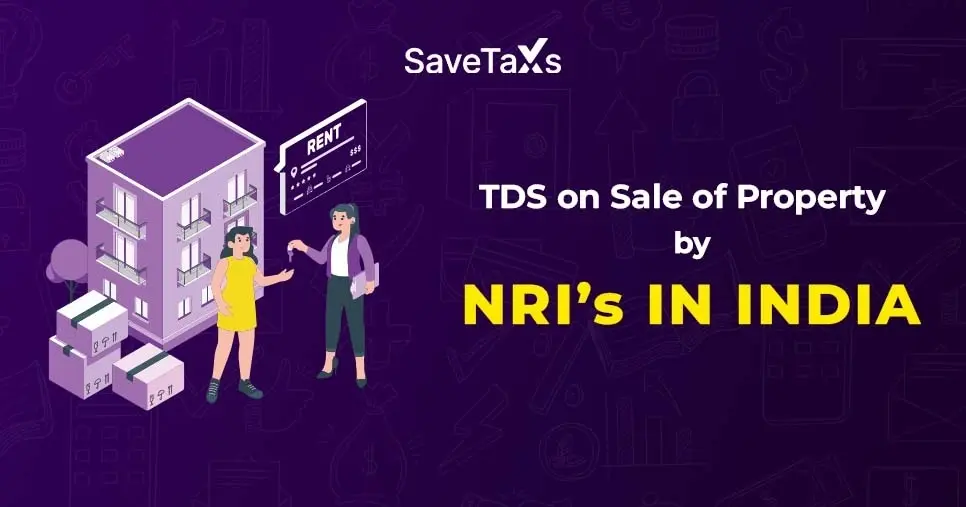
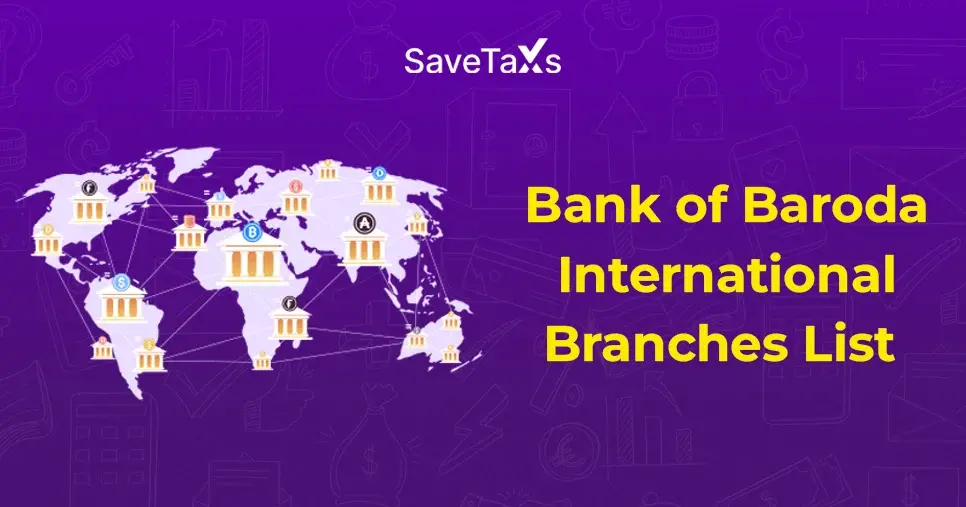
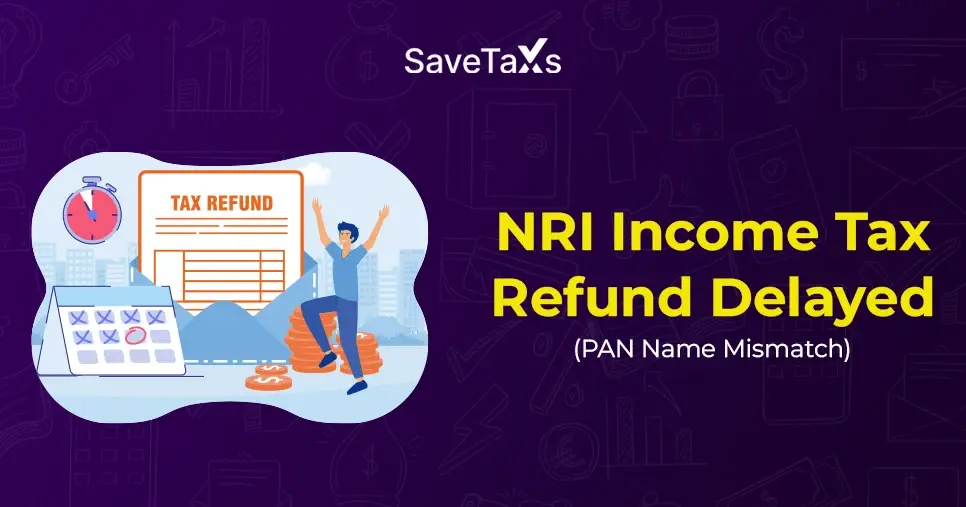
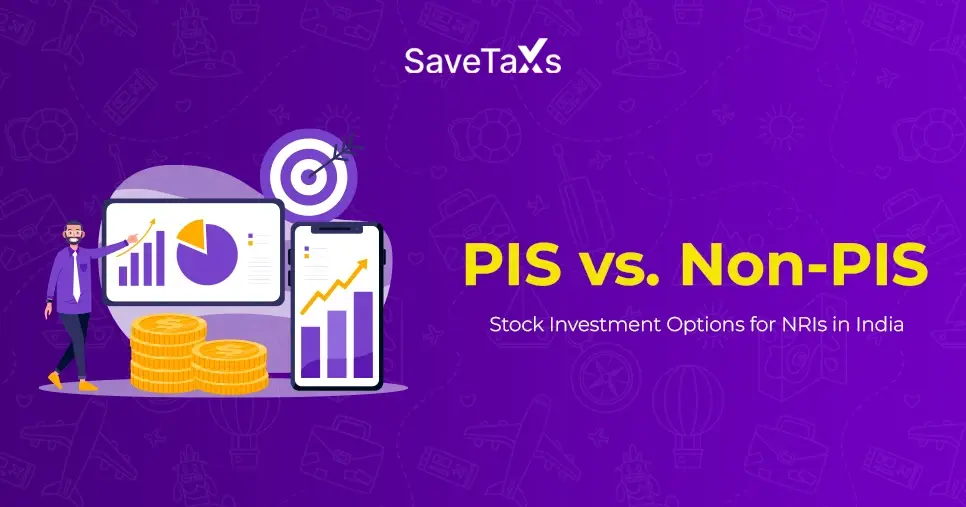
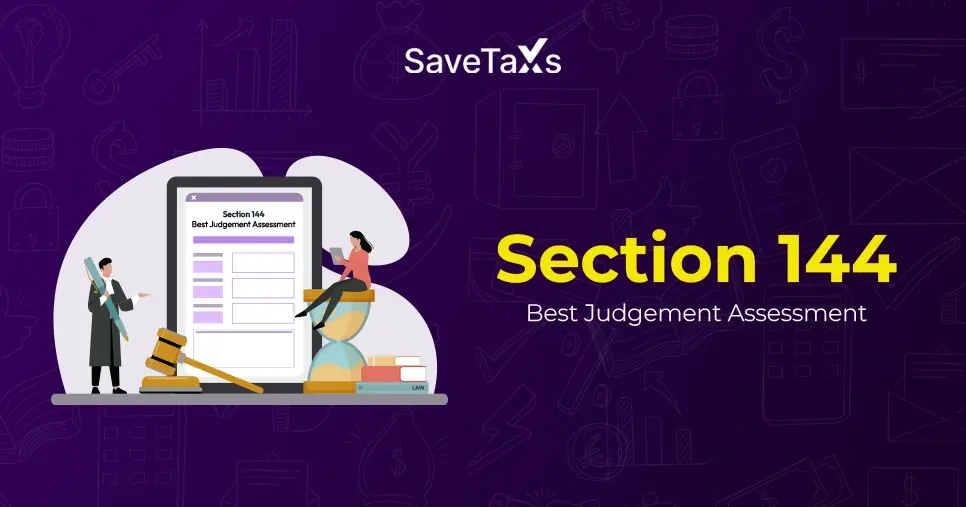
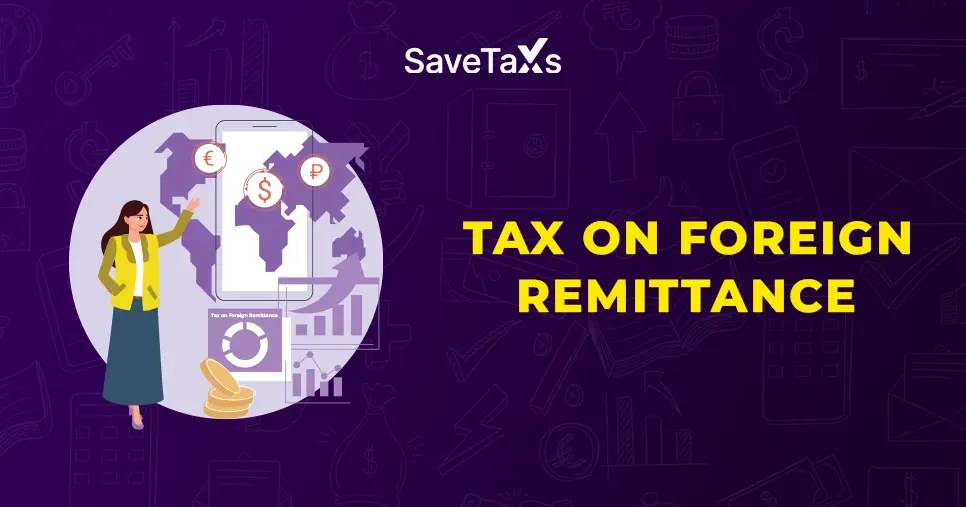

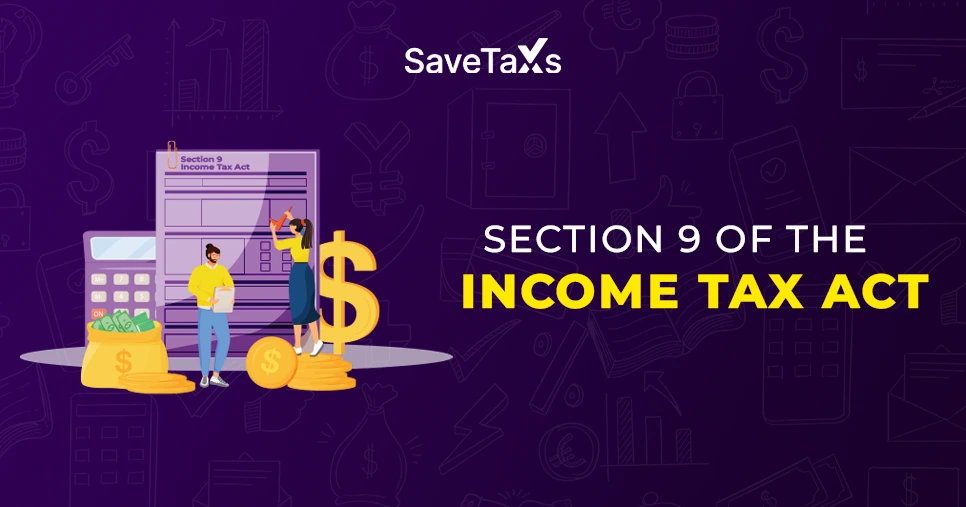
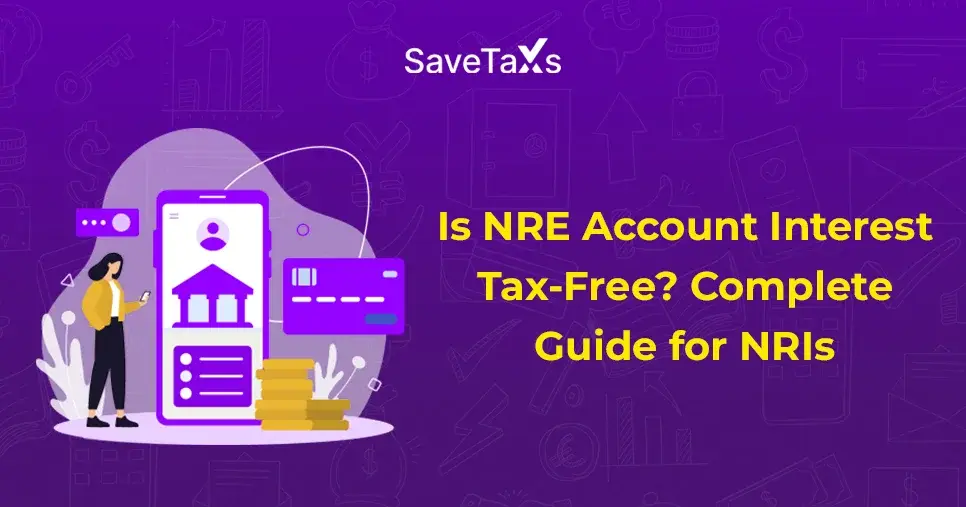
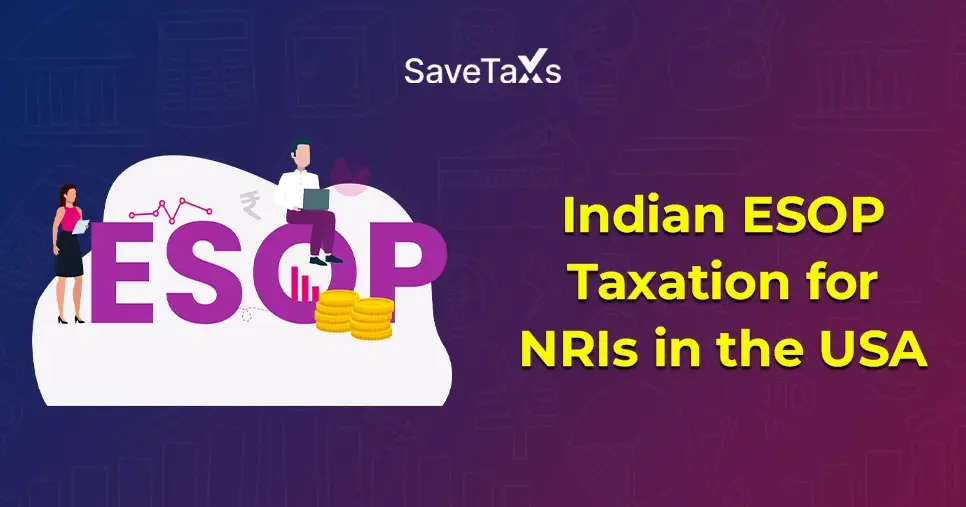
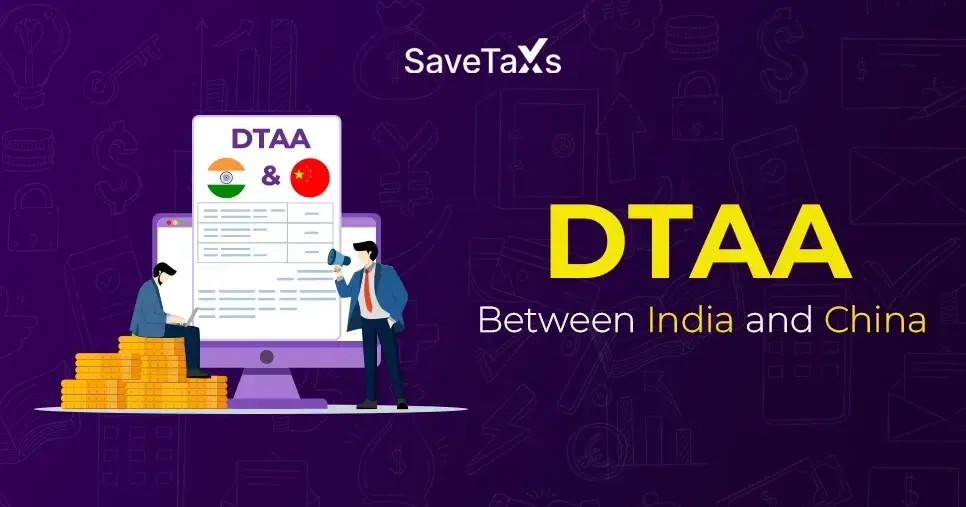
_1767955810.png)
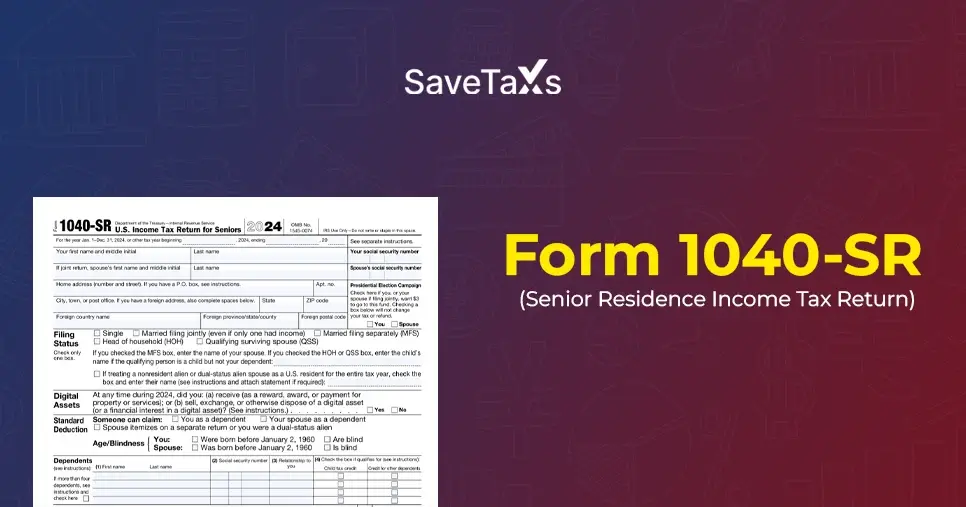

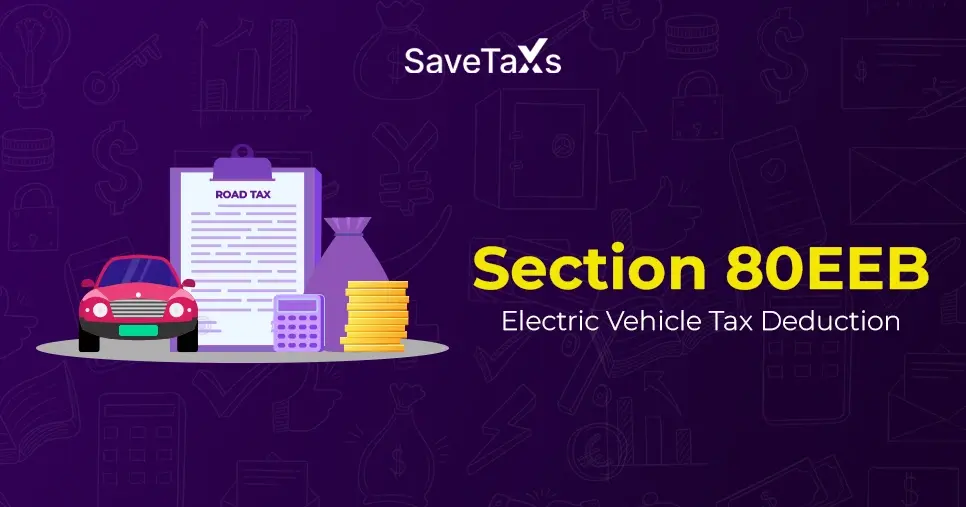
-plan_1761282887.webp)
